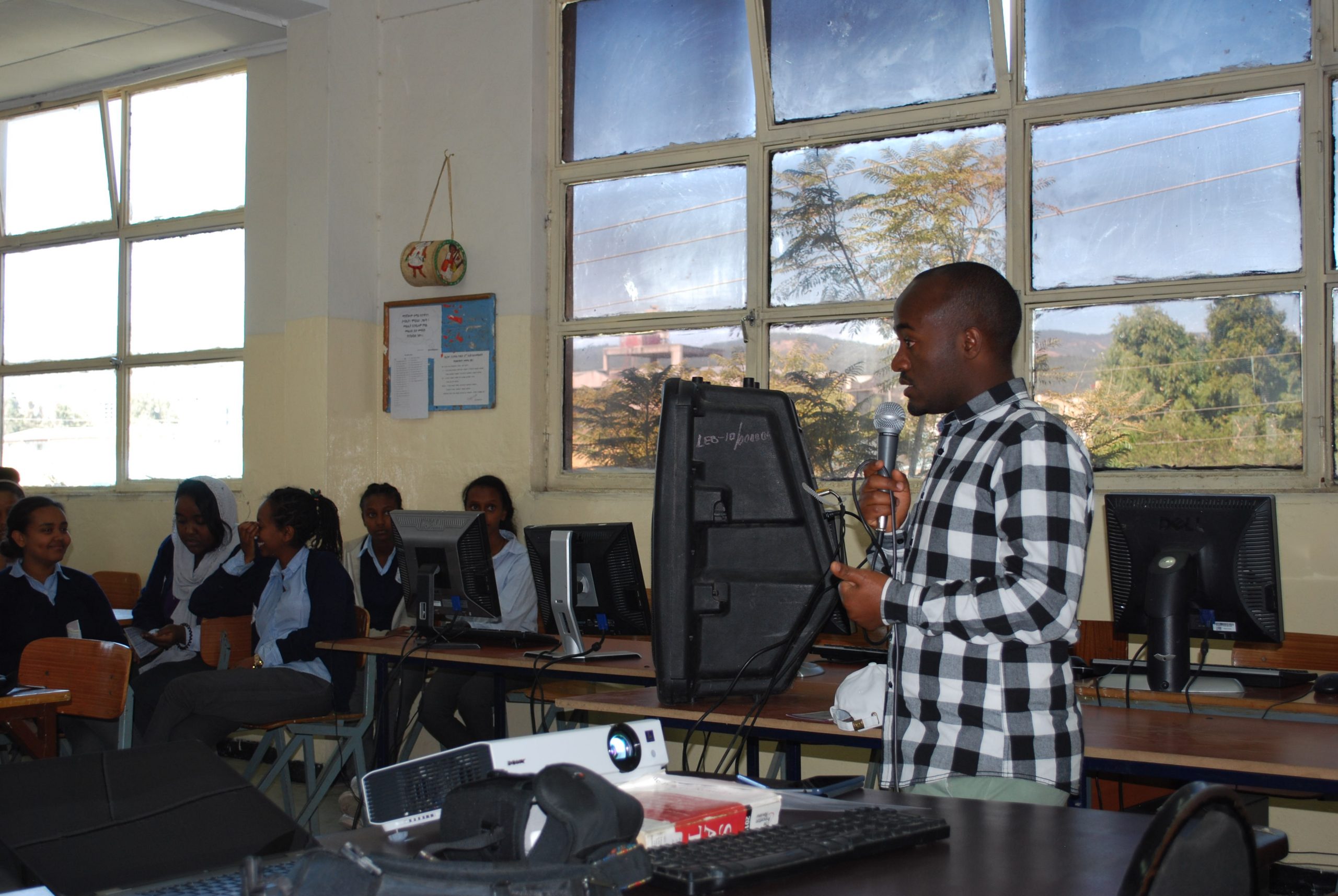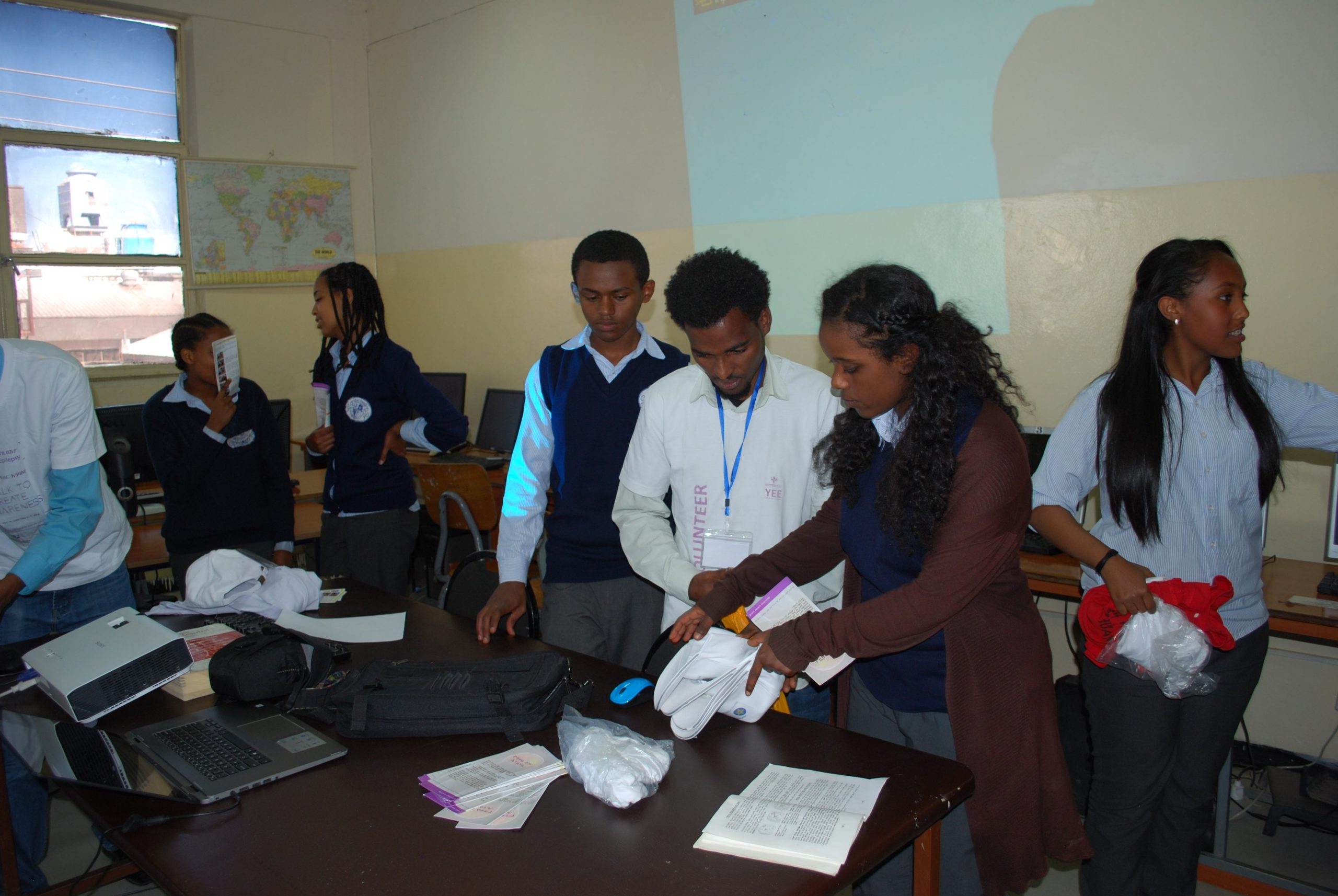A combination of traditional beliefs, poverty, lack of medical care, and inability to fulfill their social roles has an adverse impact on the lives of people with epilepsy and has cause for many myths about the condition.
One of the myth is that people with epilepsy are not able to learn or work as normal people. The fact is there should be no barriers for people with epilepsy wanting to receive education and work in any profession. It is, however, important to consider safety in all situation.
Education
Once seizures are controlled by medicine, children and adults are unlikely to need any extra support at school or university. However, we encourage patients to be open and make sure the school or the university knows about their epilepsy or their child’s epilepsy which will give them the best chance of getting the learning, social and health support they need.
CareEpilepsy provides information and teaches the proper first aid response to seizures to students, teachers and support staff for children of school age. It is intended to increase their knowledge and understanding of epilepsy and provide a guide to best practice for the support of pupils living with the condition.
We have been to 15 schools in Addis Ababa giving information and teaching the proper first aid response to seizures.
Work
According to the law of Ethiopia, employers cannot legally refuse to give a job just because someone has epilepsy. Despite this, 98% of companies (small or large) will not consider giving a job to a person with epilepsy.
Although we encourage patients to actively get involved in work, we take caution to help them understand the need to consider their epilepsy, and what the job involves, to ensure their safety and that of other employees. Risks to safety will depend on what the person’s epilepsy is like and what the job involves. Some jobs such as working at heights, around unguarded machinery, near open water or fire may be a risk if one has a seizure.
























